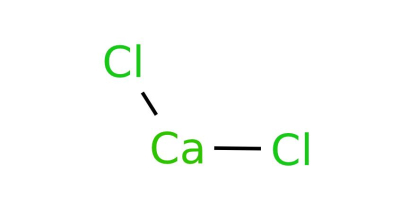Betaine CAS#107-43-7
Supports Liver Health – Acts as a methyl donor, aiding in liver function and overall metabolic processes.
Promotes Cellular Activity – Contributes to cellular reproduction and energy-related functions.
Enhances Nutrient Synthesis – Plays a role in the production of carnitine, important for fat metabolism.
Maintains Cellular Balance – Regulates hydration and supports proper cell function.
Betaine, also known as betaine anhydrous or trimethylglycine (TMG), is a methyl group donor that supports liver function, cellular reproduction, and the synthesis of carnitine. It is an amino acid betaine and a derivative of glycine, playing an important role in regulating cellular hydration and maintaining proper cell function.
Betaine Chemical Properties
Melting point | 310 °C (dec.) |
Boiling point | 218.95°C (rough estimate) |
Density | 1.00 g/mL at 20 °C |
vapor pressure | 0.05Pa at 25℃ |
Refractive index | 1.4206 (estimate) |
FEMA | 4223 | BETAINE |
storage temp | 2-8°C |
solubility | Methanol: 0.1 g/mL, clear |
Form | Crystals or Crystalline Powder |
pka | 1.83(at 0℃) |
color | Colorless |
Odor | Bland |
biological source | Sugar beets |
Water Solubility | 160 g/100 mL |
Sensitive | Hygroscopic |
Merck | 14,1179 |
BRN | 3537113 |
Stability | Stable. Hygroscopic. Incompatible with strong oxidizing agents. |
InChIKey | KWIUHFFTVRNATP-UHFFFAOYSA-N |
LogP | -3.1 at 20℃ |
CAS DataBase Reference | 107-43-7(CAS DataBase Reference) |
NIST Chemistry Reference | Methanaminium, 1-carboxy-n,n,n-trimethyl-, hydroxide, inner salt(107-43-7) |
EPA Substance Registry System | Betaine (107-43-7) |
Absorption | ≤0.05 at 280nm in methanol at 1M |
Safety Information
Hazard Codes | Xn |
Risk Statements | 20/21/22-36/37/38 |
Safety Statements | 24/25-36-26 |
WGK Germany | 3 |
RTECS | DS5900000 |
F | 3-10 |
TSCA | Yes |
HS Code | 29239000 |
Hazardous Substances Data | 107-43-7(Hazardous Substances Data) |
Betaine is an active ingredient in toothpaste for alleviating dry mouth symptoms. It is used to treat homocystinuria, a disorder affecting the primary pathway of methionine metabolism. Additionally, it supports immune system function, enhances athletic performance, and may help prevent noncancerous colon tumors (colorectal adenomas).














